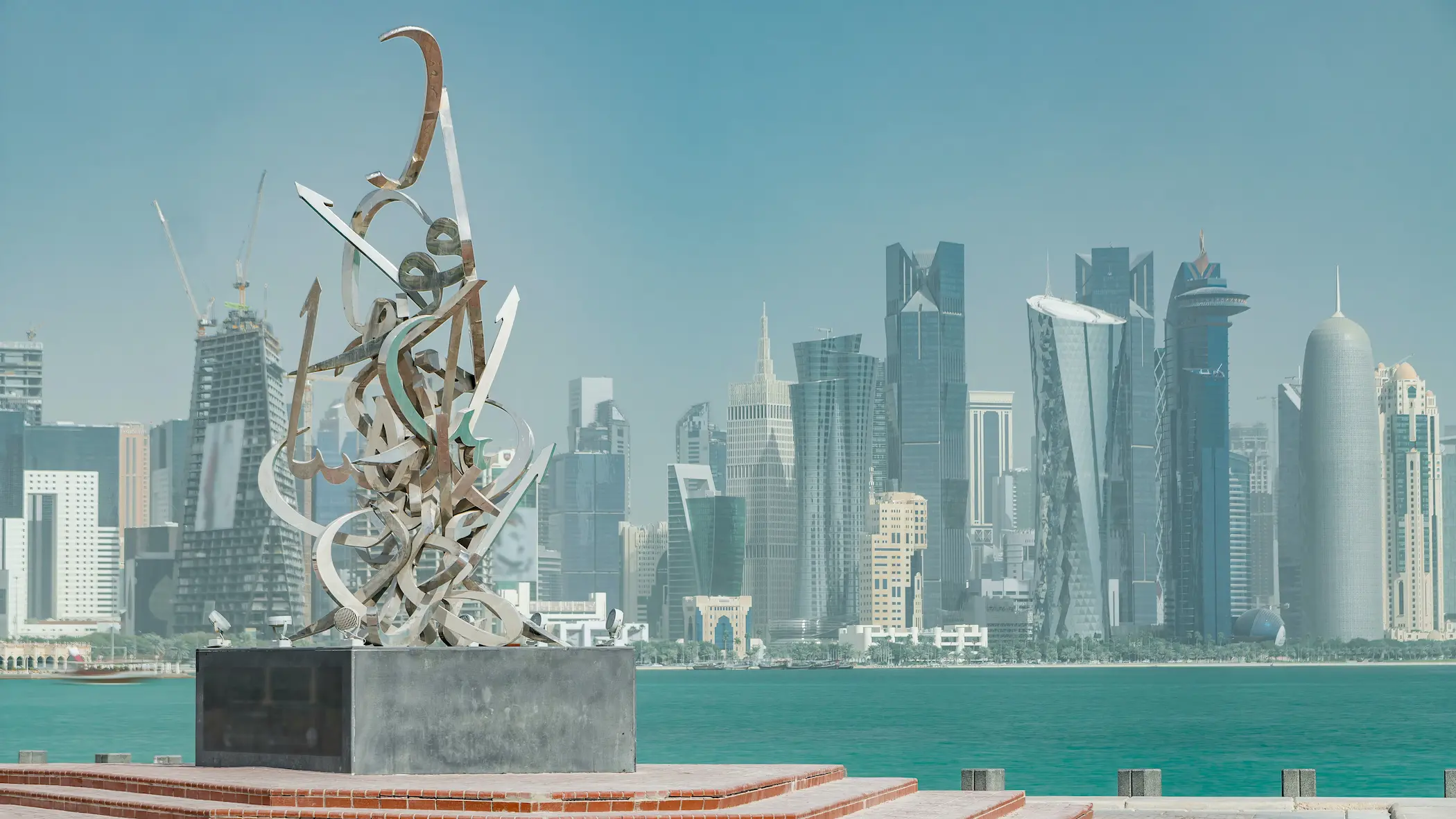16 Sep 2025
The Arab-Islamic Emergency Summit: A Watershed Moment in Regional Dynamics
The 2025 Arab–Islamic extraordinary summit, held in Doha, Qatar, on September 14–15, marked a pivotal moment in Middle Eastern diplomacy. Convened in direct response to an unprecedented Israeli airstrike on the Qatari capital, the meeting served as a forum for Arab and Islamic nations to formalise a collective security and diplomatic response. The paper finds that this Israeli action, intended to undermine ongoing negotiations, inadvertently solidified a unified front among regional powers. The incident also exposed a profound erosion of trust in the United States as a reliable security partner, compelling Gulf states to actively consider alternative defence and diplomatic alignments. The summit's outcomes signal a new phase of regional foreign policy, moving beyond rhetorical condemnation to a framework for coordinated legal and economic measures, with significant implications for Israel, the United States, and the prospects for a lasting ceasefire in Gaza.
The final communiqué went far beyond rhetoric, demanding concrete punitive and legal measures against Israel. These included a call for sanctions, a review of diplomatic relations, and the use of international legal bodies to hold Israel accountable. The activation of the Gulf Cooperation Council’s (GCC) Joint Defence Council signalled a tangible move toward a new, collective regional security paradigm. The summit’s outcomes collectively demonstrate a strategic pivot away from American-led diplomacy and security frameworks toward a more independent and potentially confrontational regional posture, signalling a new, more volatile era in Middle East geopolitics.
